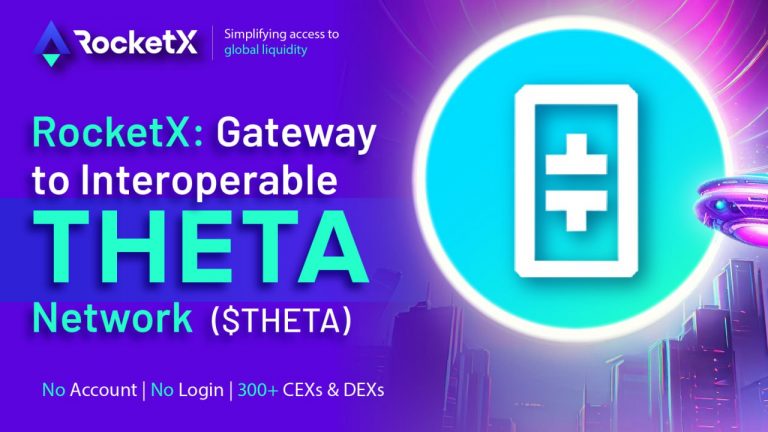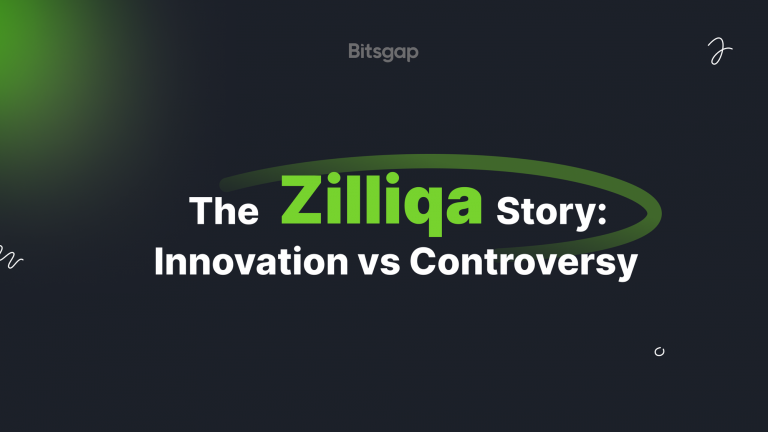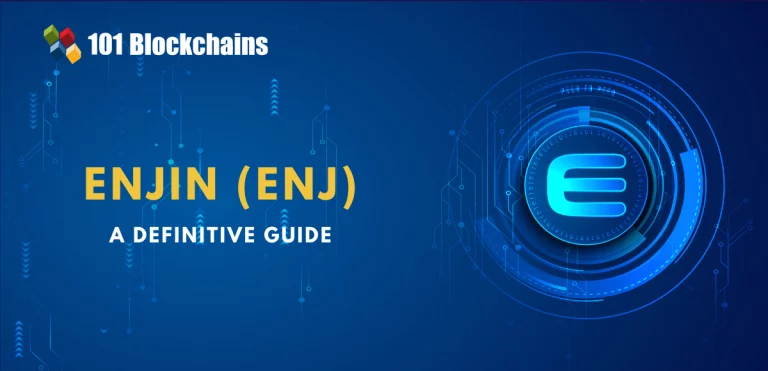
E-Krona
The e-Krona, Sweden’s Central Bank Digital Currency (CBDC), is a groundbreaking initiative aimed at revolutionizing the country’s financial landscape. As one of the world’s earliest adopters of CBDCs, Sweden is paving the way for other nations to explore the potential of digital currencies.
The Birth of the e-Krona
The Riksbank, Sweden’s central bank, launched the e-Krona pilot project in 2020. The goal of the project was to explore the potential benefits and challenges of introducing a CBDC into the Swedish economy. The pilot phase involved testing the e-Krona with a limited number of users, including individuals and businesses.
The Features of the e-Krona
The e-Krona is designed to be a digital representation of the Swedish krona. It will be issued by the Riksbank and can be used for payments and transfers. The e-Krona will be available through mobile apps and other digital channels.
Some of the key features of the e-Krona include:
- Accessibility: The e-Krona will be accessible to everyone, including those who are currently unbanked or underbanked.
- Security: The e-Krona will be a secure and reliable payment method, backed by the Riksbank.
- Efficiency: Digital payments are faster and more efficient than traditional cash-based transactions, reducing costs and improving the overall efficiency of the economy.
- Privacy: The Riksbank is committed to protecting the privacy of e-Krona users.
The Benefits of the e-Krona
The e-Krona offers several potential benefits, including:
- Financial Inclusion: By providing access to a digital currency, the e-Krona can help to bring more people into the formal financial system.
- Efficiency: Digital payments are faster and more efficient than traditional cash-based transactions, reducing costs and improving the overall efficiency of the economy.
- Resilience: The e-Krona can help to strengthen the resilience of the Swedish economy by providing a backup payment system in case of disruptions.
- Innovation: The introduction of a CBDC can foster innovation in the financial sector, leading to new products and services.
The Challenges of the e-Krona
The implementation of a CBDC also presents several challenges, including:
- Technical Infrastructure: Developing and deploying a CBDC requires a robust technical infrastructure and cybersecurity measures.
- Privacy Concerns: Balancing privacy with security is a key challenge in designing a CBDC.
- Interoperability: Ensuring interoperability with existing payment systems is crucial for the success of a CBDC.
- Public Acceptance: The public needs to be educated about the benefits of CBDCs and their usage.
The Future of the e-Krona
The future of the e-Krona remains uncertain, as the Riksbank is still evaluating the results of the pilot project. However, the project has generated significant interest and could serve as a model for other countries considering the implementation of their own CBDCs.
If the e-Krona is successfully introduced, it could have a profound impact on the Swedish economy, providing greater financial inclusion, efficiency, and resilience. As the world becomes increasingly digital, CBDCs like the e-Krona may play a crucial role in shaping the future of finance.
In conclusion, the e-Krona is a groundbreaking initiative that has the potential to revolutionize the Swedish financial landscape. By providing a secure, efficient, and accessible digital currency, the e-Krona can help to improve financial inclusion, reduce costs, and foster innovation. As the project progresses, it will be interesting to see how the e-Krona shapes the future of digital payments in Sweden and beyond.



